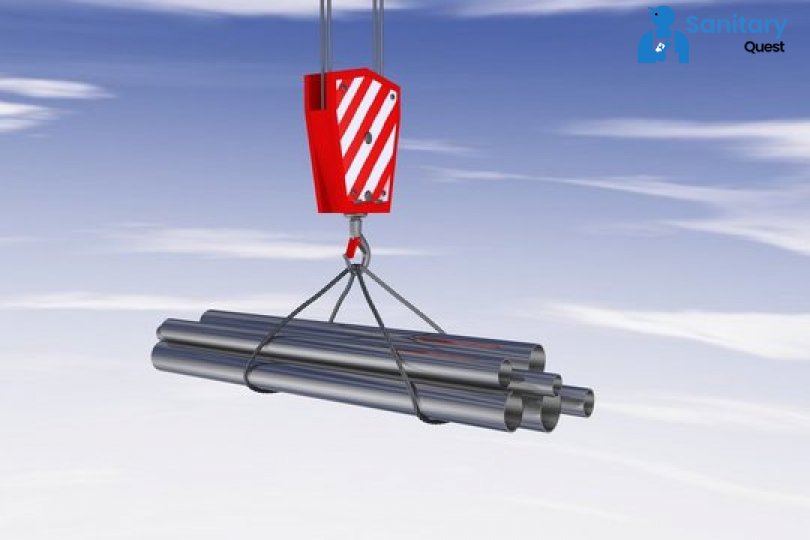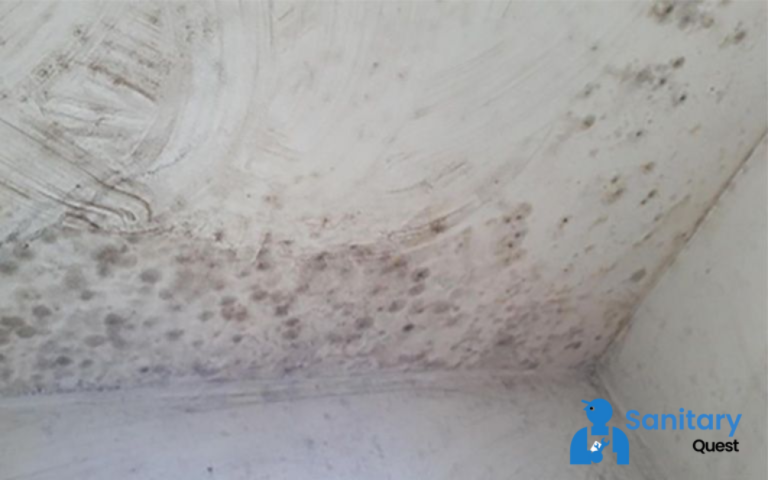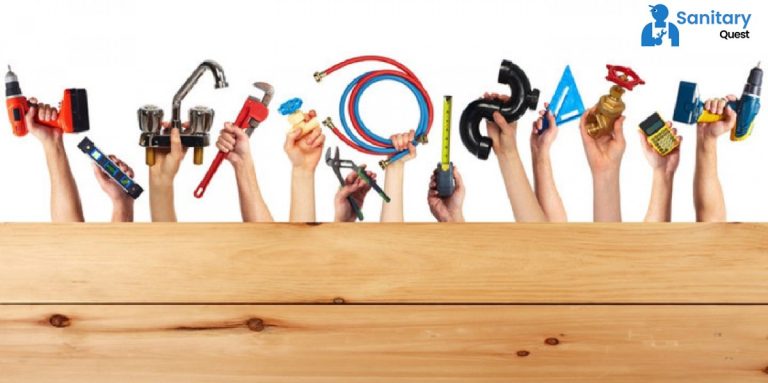How Long Will My Pipes Last?
Nobody wants to have to change up the plumbing in their homes. However, it can be difficult to estimate how long your pipes will last because the answer is contingent on when they were installed and the material from which they are formed. When you combine that with the fact that everyone’s plumbing is unique, it can be quite difficult to estimate how long they’ll survive. Pipes are manufactured from a variety of materials, some of which are fairly standard, and knowing which of these materials they are made from can assist in determining when they will need to be replaced.
Types of Piping:
Copper: Copper is a material that is still frequently used in construction, and its lifespan ranges between 70 and 80 years. If your house was constructed not too long ago and it has copper pipes for the plumbing, you are generally in good shape. If you have an older property, you might want to discuss with a plumber the possibility of starting to look into the possibility of updating the piping. Copper has the potential to corrode, and the process of corrosion can contaminate your water supply.
Brass: Brass has a longer lifespan than copper, even though it is less frequent. Copper and zinc are combined to form this alloy, which has a lifespan of between 80 and 100 years. It is utilized much less commonly these days because it contains minute quantities of lead, which might result in a variety of different issues.
Galvanized Steel: This is steel piping that has been coated with a protective zinc coating so that it will not rust. Even though these pipes have a lifespan of between 80 and 100 years, they are prone to rust and may begin to rust after several years have passed. In terms of pipes, this makes them less reliable than other options. Before the 1960s, the majority of their applications were in the building industry. Because they rust so easily, they aren’t utilized as frequently as they formerly were.
Cast Iron: These pipes have a lifespan of between 80 and 100 years and are susceptible to rusting over time. This makes them comparable to galvanized steel pipes.
PVC: Although the first PVC pipes were originally supposed to endure for up to 45 years, technical advancements have led to greater durability, which means that PVC pipes may now live for 70 years or even longer. PVC pipes may not be as long-lasting as metal pipes, but they do not rust and do not introduce metal particles into the water. PVC is a popular option among homeowners for this very reason. Although the first PVC pipes were originally supposed to endure for up to 45 years, technical advancements have led to greater durability, which means that PVC pipes may now live for 70 years or even longer. PVC pipes may not be as long-lasting as metal pipes, but they do not rust and do not introduce metal particles into the water. PVC is a popular option among homeowners for this very reason.
Polybutylene: Polybutylene pipes are substantially less durable than other types of pipes, despite their lower cost. After it had been used extensively between the late 1970s and the middle of the 1990s, homeowners realized that it was in reality rather frail and that it would fall apart after only 10 to 15 years. This discovery occurred after it had been used extensively. Even though it’s improbable that you have these pipes in your house, you should nevertheless have them inspected as soon as possible just in case.
Lead: Even while lead pipes can survive for up to a century, they are extremely hazardous to the health of your family. Simply, for this reason, lead pipes have to be replaced as quickly as humanly possible. Lead is incredibly hazardous, and when people are exposed to it for extended periods, it can easily cause them to become sick.
FAQs
Q1: How long can a pipe last?
The lifespan of a pipe can vary significantly depending on the material. Here’s a general idea:
- Copper Pipes: Copper pipes can last around 50 years or more.
- Galvanized Steel Pipes: These might last about 20 to 50 years.
- PVC Pipes: PVC pipes have a lifespan of around 25 to 40 years.
- PEX Pipes: PEX pipes are relatively new but are estimated to last around 40 years or more.
Regular maintenance, environmental factors, and the specific conditions the pipes are subjected to can all influence their longevity.
Q2: How can you tell if pipes need to be changed?
Look for discoloration in water, like rust-colored or brown water, as it can suggest corrosion in metal pipes. Low water pressure, frequent leaks, or visible signs of corrosion, such as dimpling or flaking on pipes, are red flags. Persistent clanking or banging noises when using water fixtures might signal loose or worn-out pipes.
Q3: Do plastic pipes have a longer lifespan?
Yes, generally, plastic pipes tend to have a longer lifespan compared to some traditional materials like metal pipes. Plastic pipes usually don’t get rusty like metal pipes can. They can bend more and last a long time because they’re strong and don’t easily wear out.
Q4: What’s one of the most frequent issues with pipes?
One big problem with pipes is when they have leaks. Leaks happen when pipes get old, have some damage, or when they weren’t put in the right way. Fixing leaks quickly stops water from making a mess and keeps things working right.







